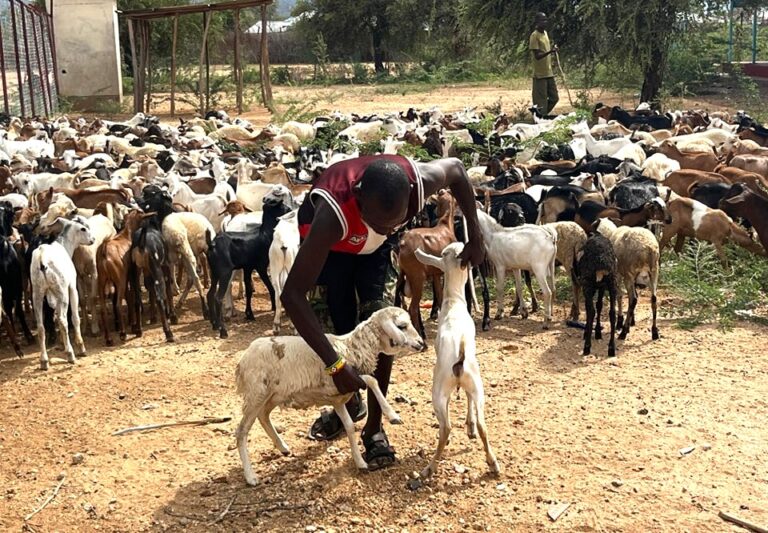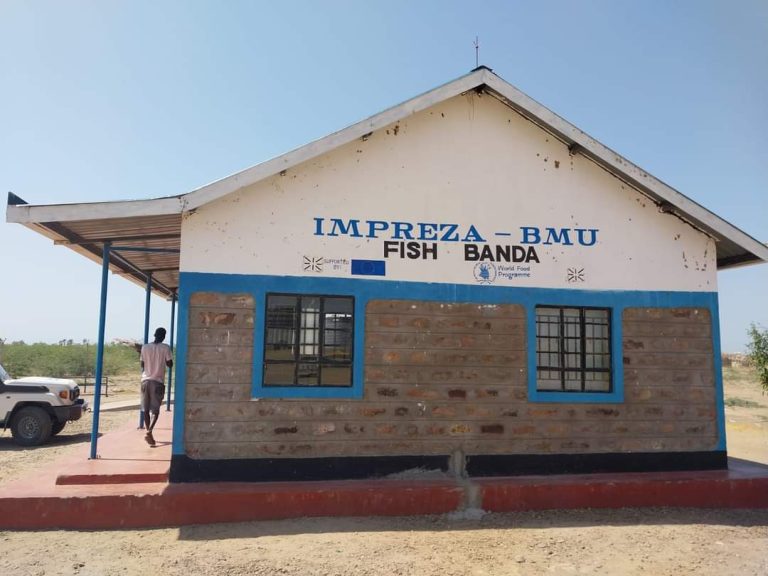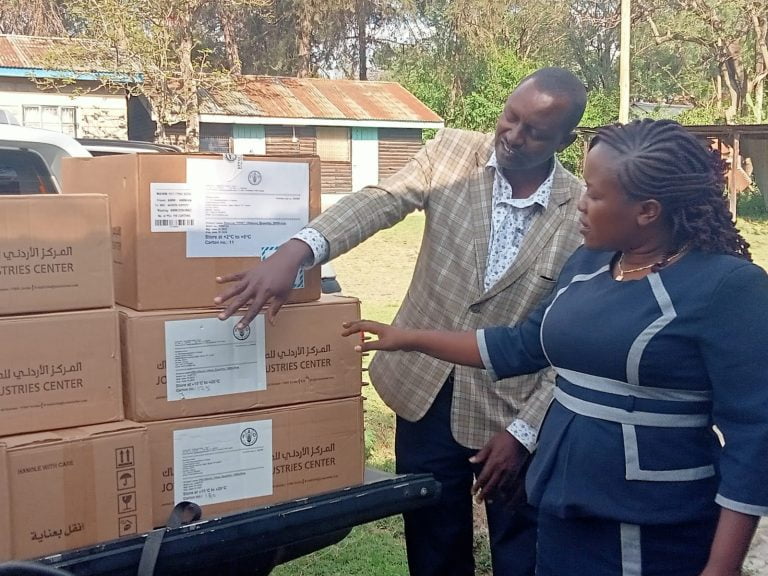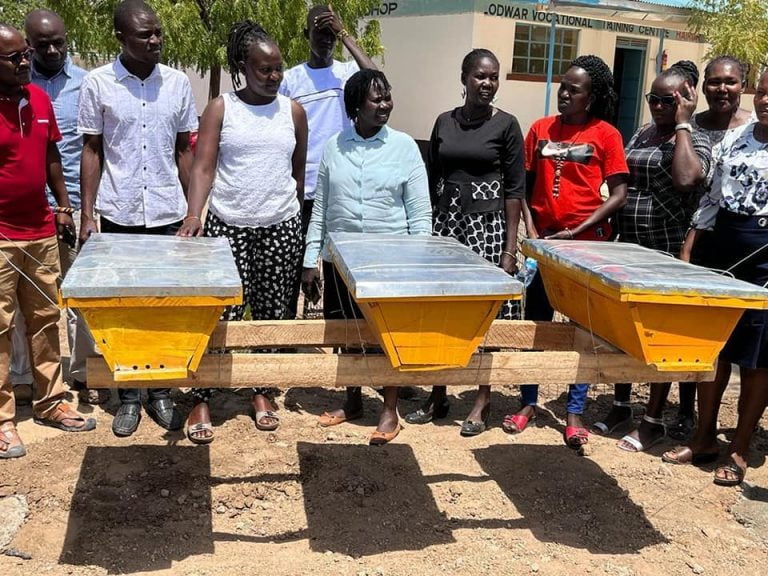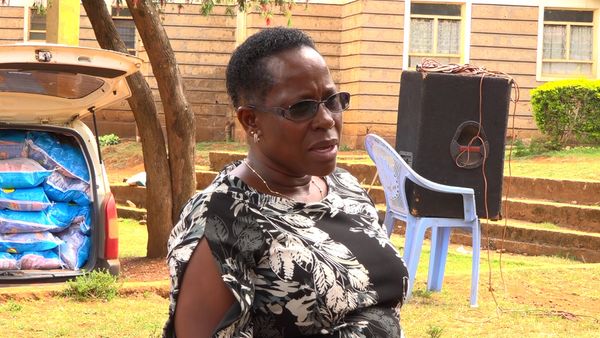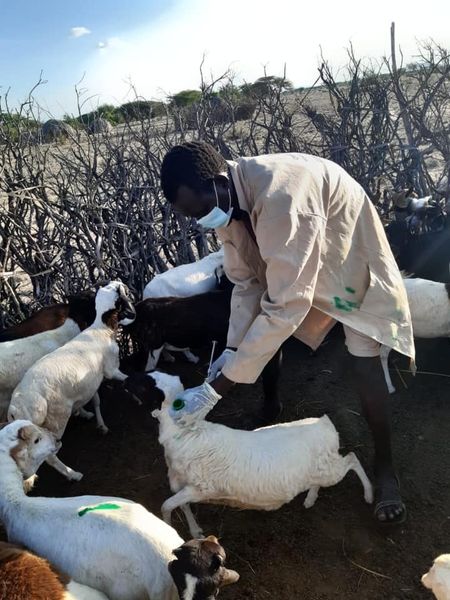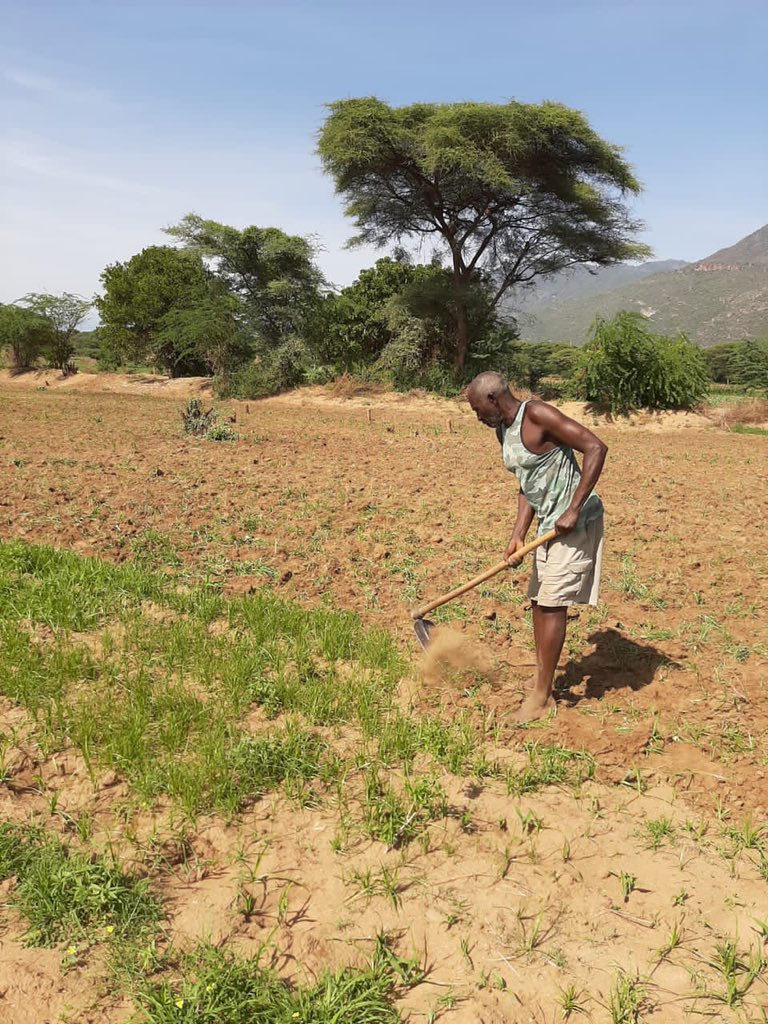Communities affected by the recent desert locust invasion are set to benefit from a joint livelihoods recovery effort by the Turkana County Government and the UN Food and Agriculture Organisation (FAO). The programme is intended to strengthen communities after negative economic impacts of the desert locust invasion on crops and livestock related activities and will benefit 9,650 households.
More than 1800 farmers will receive certified seeds, support on establishment of kitchen gardens as well as agri-nutrition training as part of the recovery effort.
Speaking when he opened the livelihoods recovery workshop in Lodwar, Turkana County Executive for Agriculture, Pastoral Economy and Fisheries Philip Aemun said that the joint coordination was meant to address the double shocks of desert Locusts and Corona virus that have had negative socio-economic impacts to the livelihoods of residents of Turkana.
While noting the progress towards combating locusts in the region, the County Executive noted that limited ground surveillance and capacity had earlier on enabled desert locusts to subdue the County Government and development partners’ efforts against its invasion when it was first reported in Turkana.
He acknowledged FAO among other partners’ support towards combating the pest infestation and called for more resource mobilization and coordinated approach to mitigate future disasters. He warned that Turkana County was still not locust free.
Aemun stated that the recovery program would include training of farmers and herders on disaster management through Public Barazas and radio programmes to reach a large number of people.
FAO Head of Lodwar Field Office Dan Irura said that the pastoralist community will benefit from distribution of 5000 bags of range cubes, mass deworming of livestock as well as ecto parasite control. 5000 one-month old improved indigenous chicken will also be distributed to the affected households.



